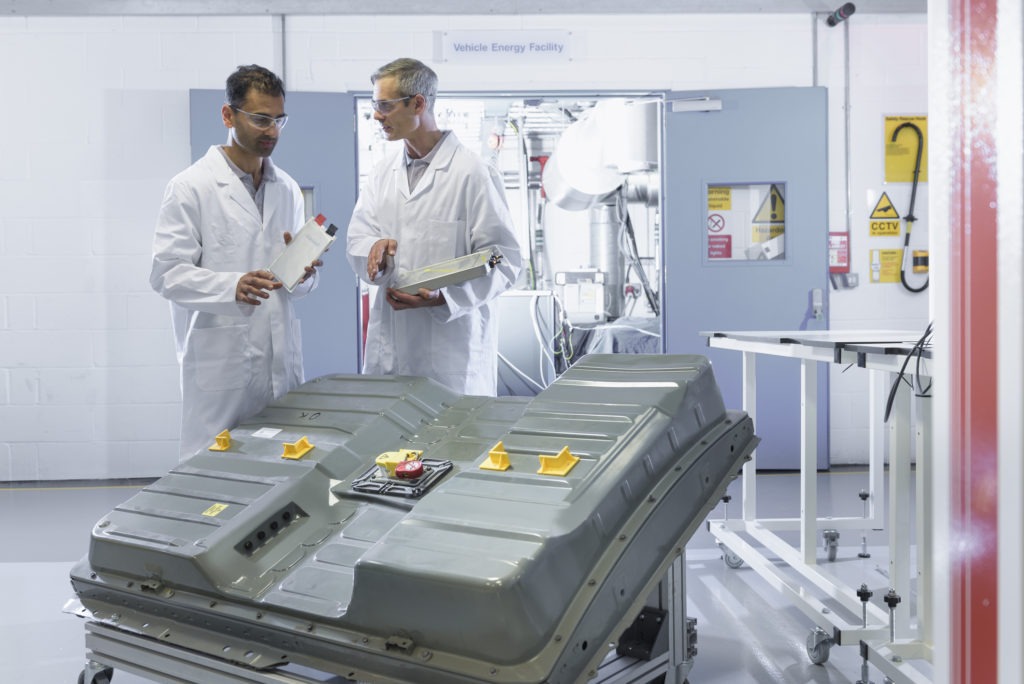Manufacturers plan new methods to speed up EV production
11 April 2019

11 April 2019
Vehicle manufacturers are stepping up production efforts and quality control to decrease electric vehicle waiting times and remove potential ′bottlenecks’ in their manufacturing processes.
South Korean carmaker Kia is considering the establishment of an EV plant in Europe, while Porsche has brought production of axles for its upcoming electric Macan in-house. Both moves will help to increase manufacturing rates and ensure the carmakers can meet production deadlines.
Kia customers are currently facing a waiting period of more than a year for the company’s e-Niro EV. New reports cite discussions over new manufacturing facilities with Emilio Herrera, COO of Kia Europe. The manufacturing of electric cars in Europe would minimise the risk of supply disruptions; he was quoted as saying. He continues: ′We know our suppliers LG Chemical and SK Innovation are looking to possible battery production in Hungary, the Czech Republic and Slovakia.’
Kia’s only European plant to date is located in Zilina, Slovakia, and is limited to the production of the petrol and diesel models Ceed, Sportage and Venga.
The electric offensive by the company is being slowed down a bit by their production capacities. Herrera explains that Kia could also sell more Soul EVs if there were no supply bottlenecks from the production plant in Korea. ′Today our problem is not whether we can sell these cars, but how many will I get (from Korea),’ he is quoted as saying. The company has started the advance sale of the new generation of the Soul EV in Germany, which is now only available with a fully electric drive.
The current waiting time situation was revealed in a letter to Kia dealerships, which stated that Europe-wide demand was exceeding expectations and the company’s current battery production capacity.
Porsche axle
Meanwhile, Porsche has decided to integrate axle assembly on-site for its new fully electric Macan, which is due to enter production at its Leipzig facility early next decade.
The factory had originally outsourced this work to third-party supplier Thyssen Krupp but to speed up production and ensure quality, the German carmaker has decided to oversee the work itself. The move is expected to create more than 100 jobs.
′The drive is a unique feature of our sports cars,’ says Albrecht Reimold, Board Member for Production and Logistics at Porsche. ′And because electric vehicles need to see the aggregates in combination with the axles, we take over the axle production ourselves. Integration is a central component of our brand and factory strategy. We are thus increasing our manufacturing expertise and investing in the future viability of the Leipzig plant.’
The announcement comes in the wake of Porsche planning to invest another 600 million euros in its factory in former East Germany. The Macan will be the first electric vehicle made in Leipzig and is expected to go on sale in 2022.
Porsche’s electric compact SUV Macan will sit on the PPE (Premium Platform Electric) architecture that the Volkswagen brand shares with Audi. It will also make up one of the models the VW Group is planning to launch as part of its electric offensive by 2023.